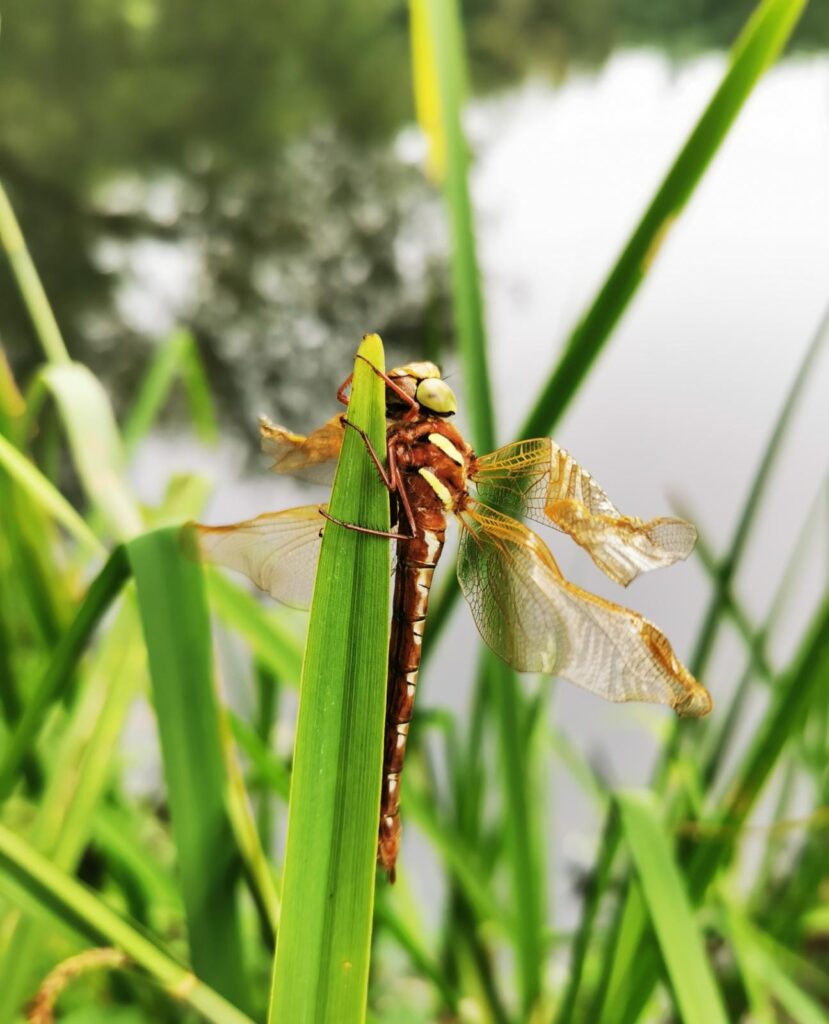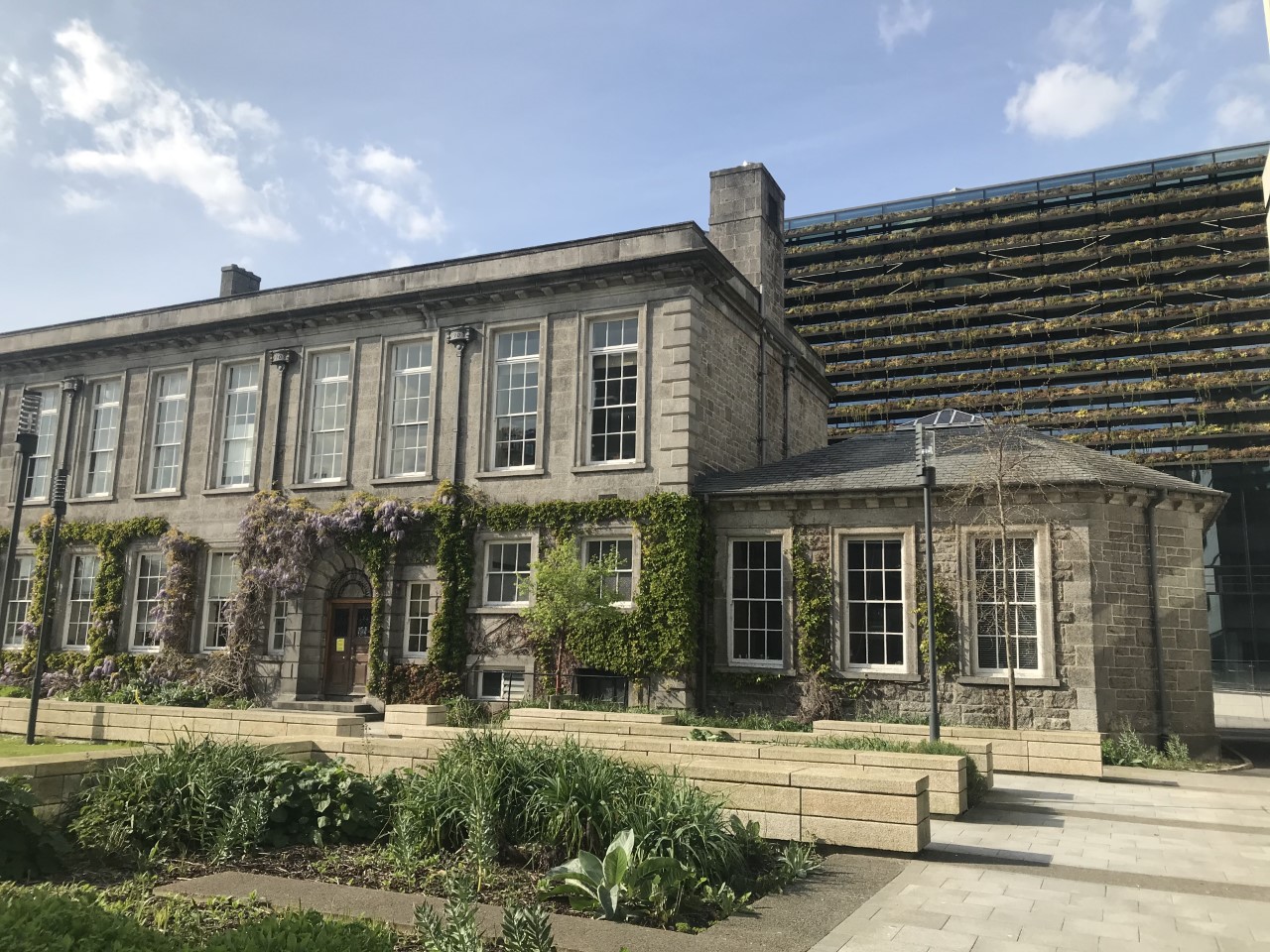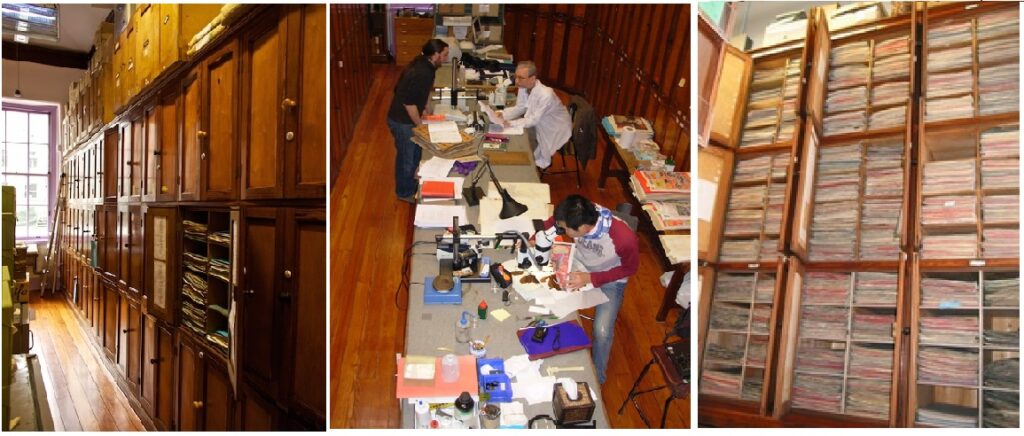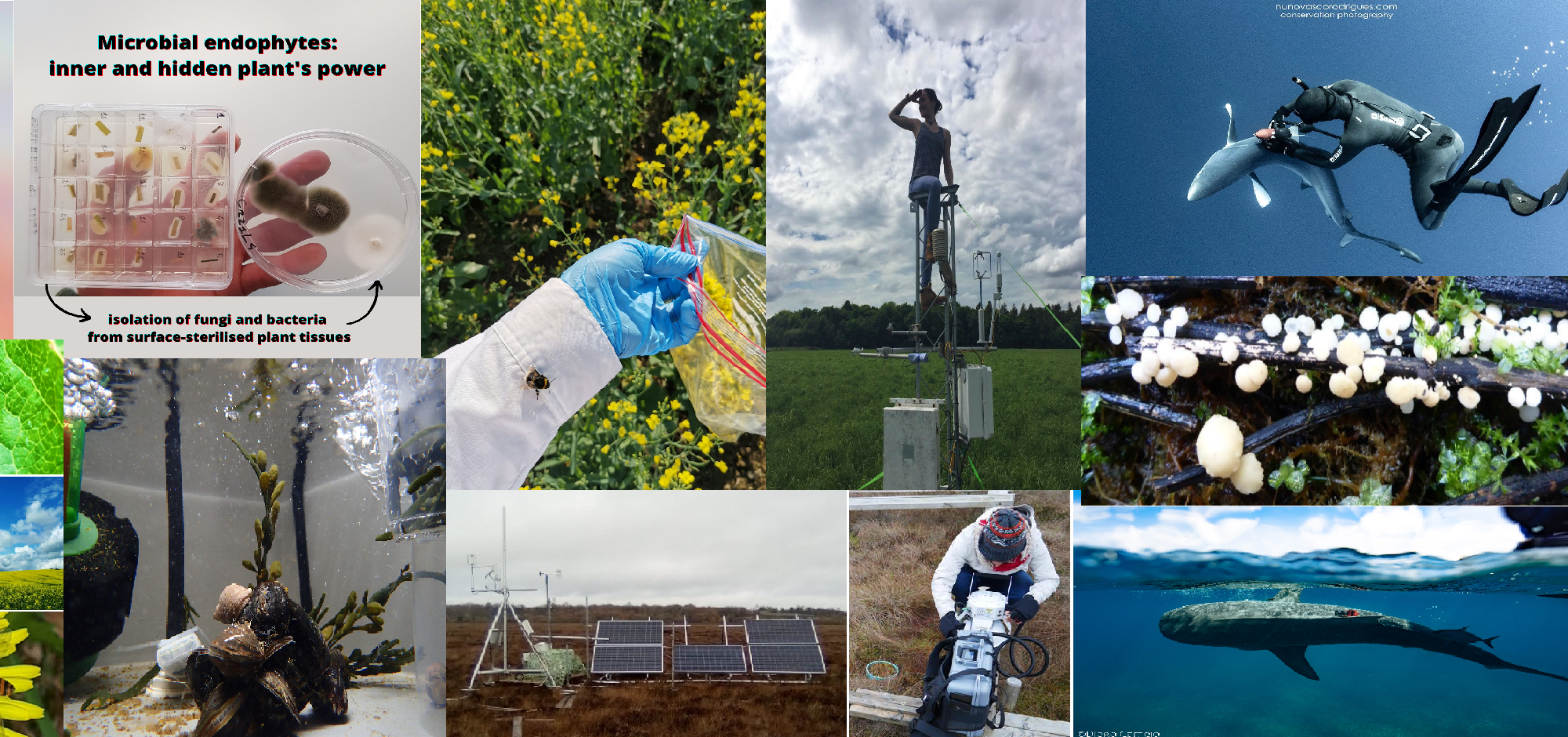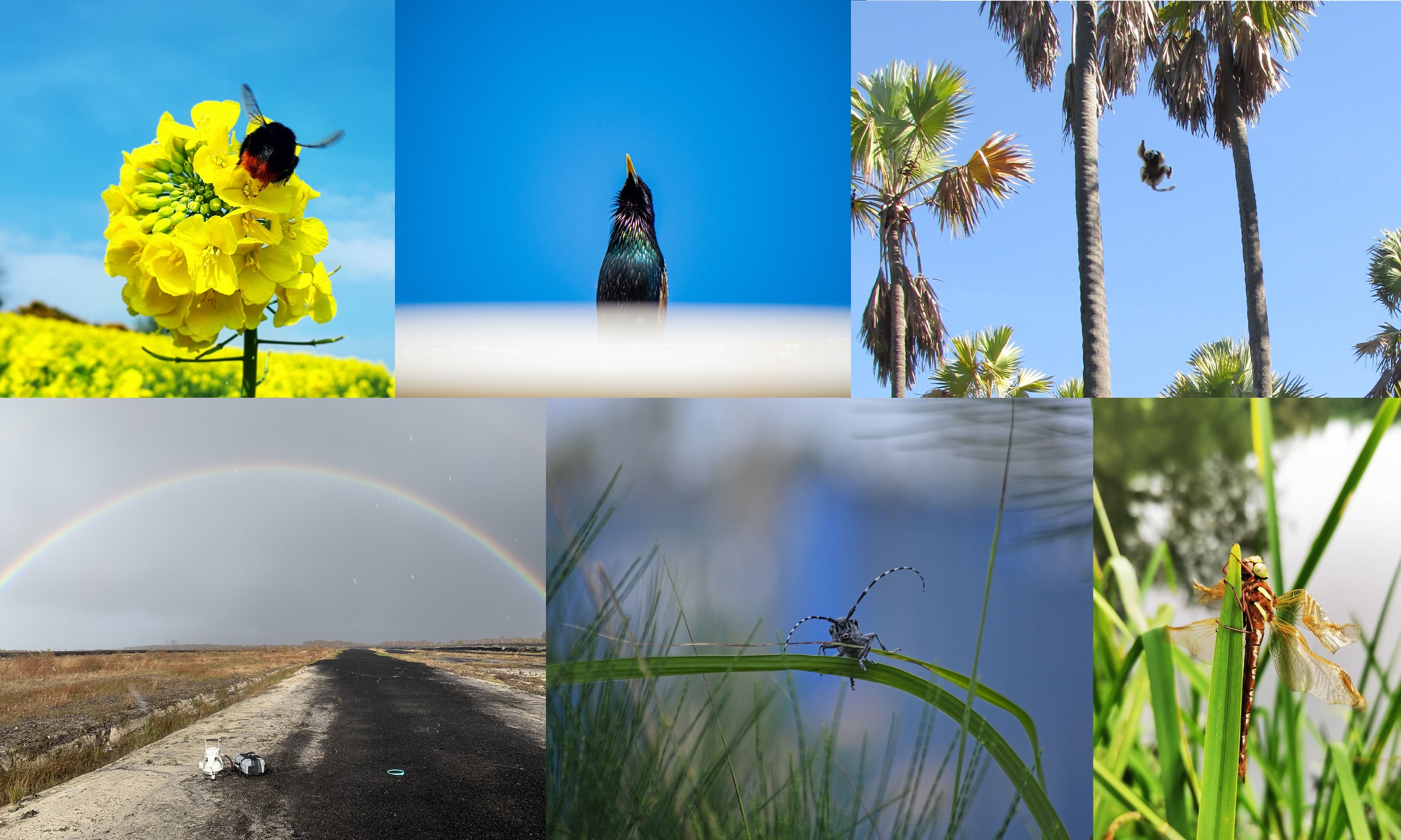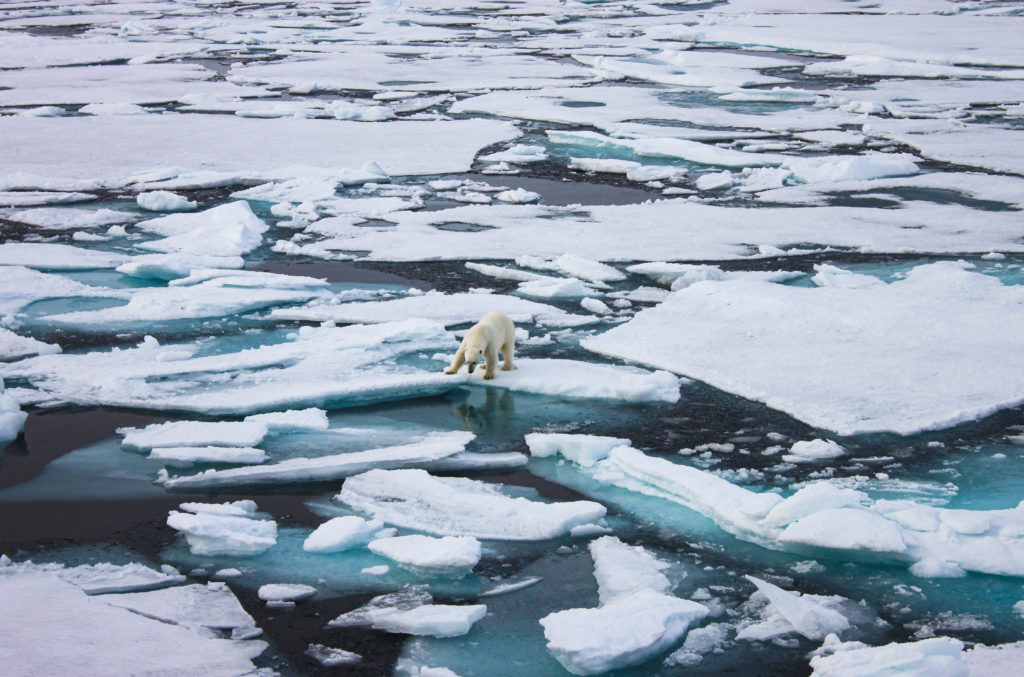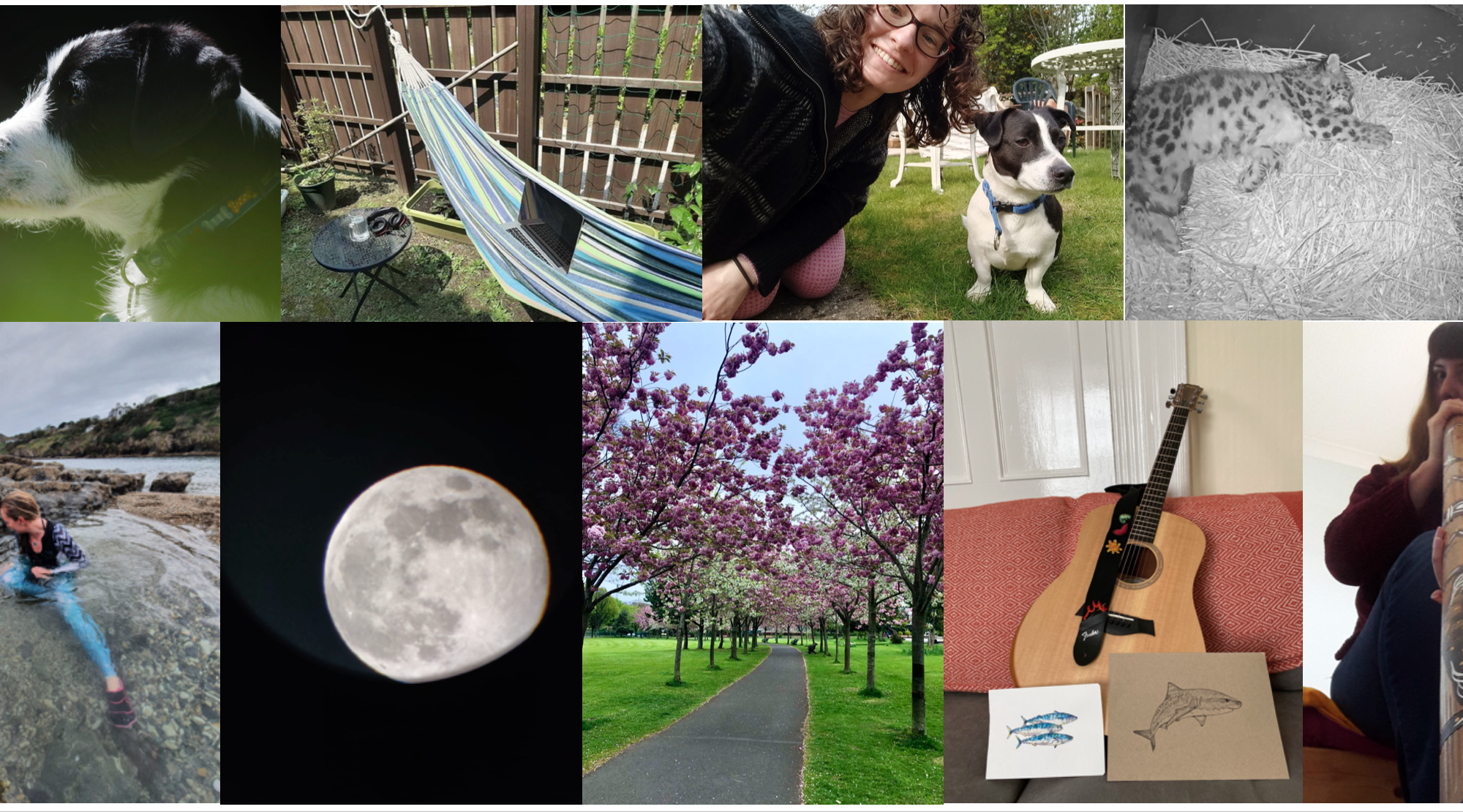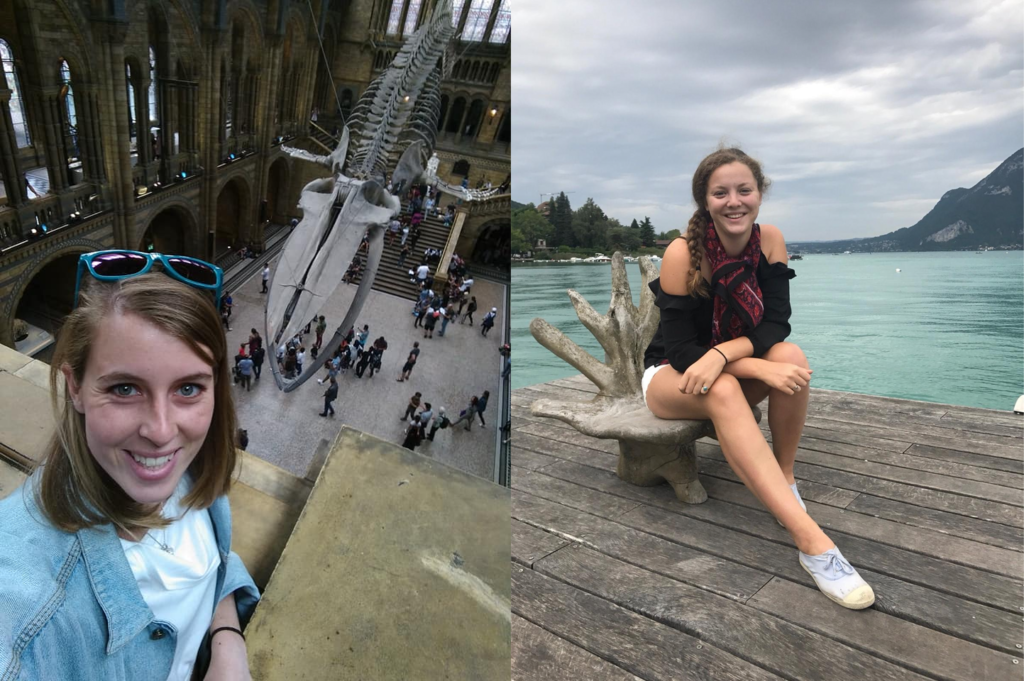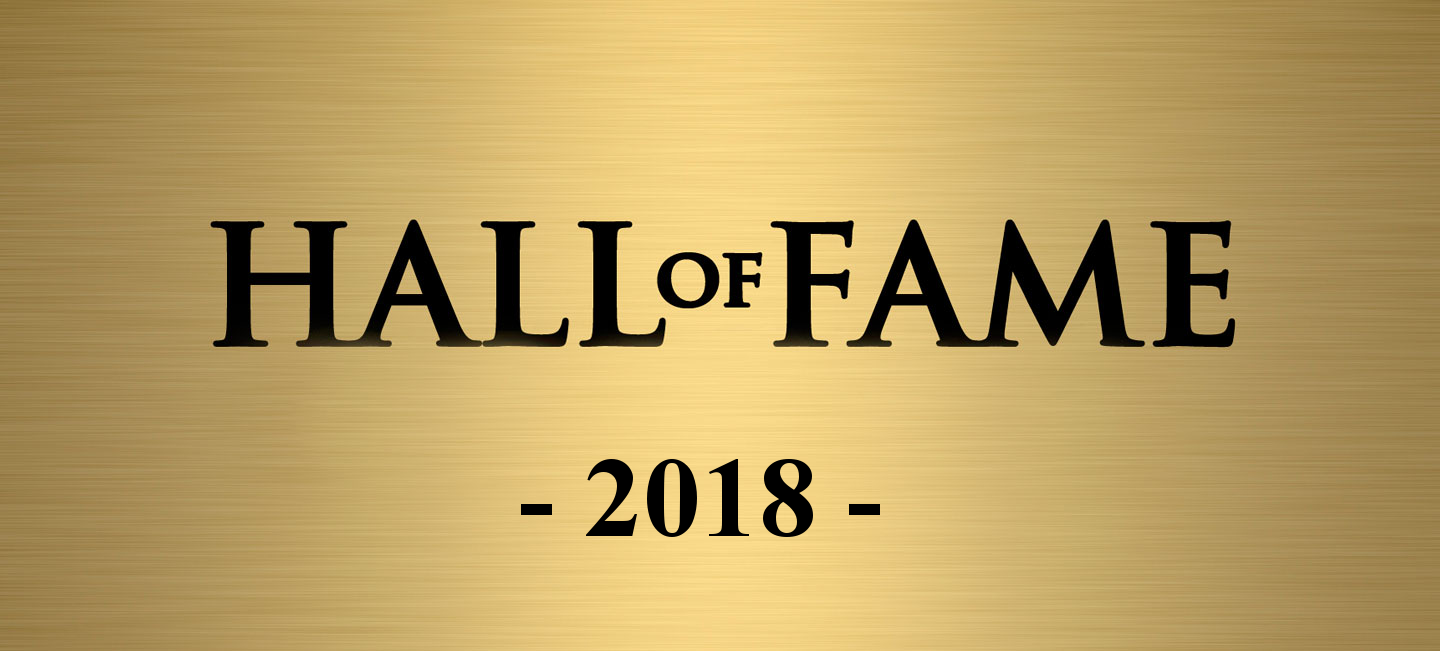Here it is, the ever anticipated results of this year’s photo competition.
This year was one of the most successful yet, with 56 applications, highlighting the diverse array of work, hobbies, fungi, plants and animals encountered by you all. We feel very fortunate to have seen each application. We want to thank each and every one of you for your submissions. Every year, the competition to be the new image of the blog is fierce, and this year was no exception.
With 56 applications, we somehow had to create a short list. Thankfully for us, the wonderful Siobhan McDonald, an Irish artist that has collaborated with Trinity’s School of Natural Sciences on numerous occasions, took on this job. Siobhan was tasked with selecting 8 photos, which she did in her stride. Thank you so much Siobhan for selecting such an amazing shortlist – we couldn’t have done it without you!
Next came the task of selecting which one of the 8 would be our winner. This is where you came in. Thank you to everyone who voted on this year’s competition! We had great engagement in the poll, which saw three images constantly battling for the top position. One image in particular started to take the lead, and received over 30% of the votes. Before we jump ahead and announce the new face of EcoEvo, let’s take a look at the top 8, who are all worthy of the title.
The 2023 Shortlist
Blue rayed limpets by Katrin Schertenleib
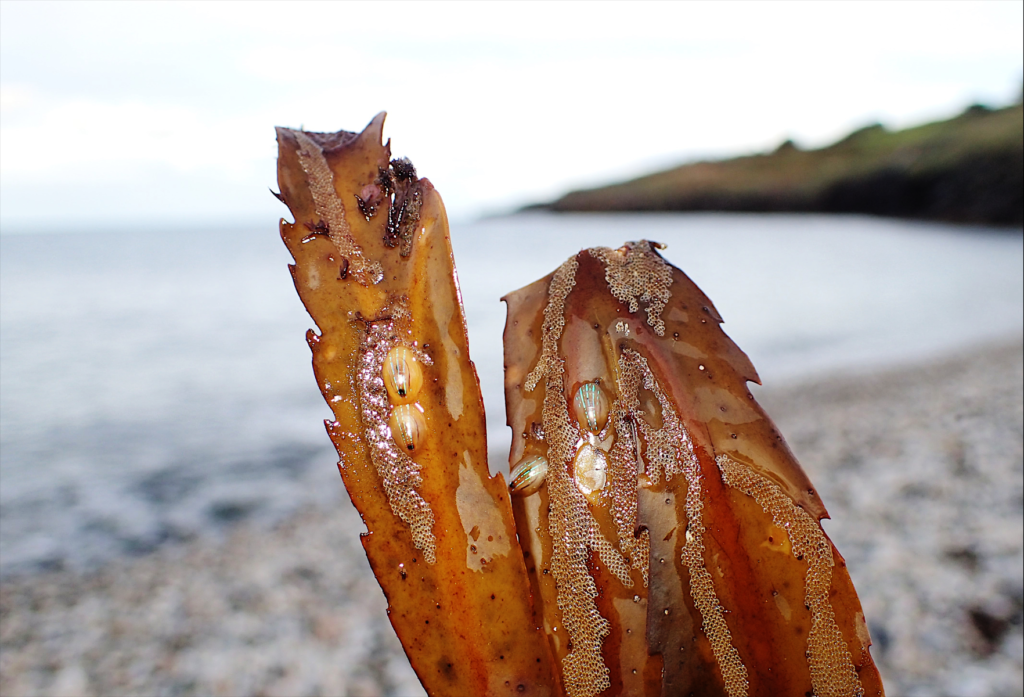
Katrin is a PhD student in Zoology, working in the O’Connor lab in the Zoology Dept., who just recently submitted her thesis, and was the winner of last year’s competition. Her Twitter handle is @KatMarSci
Vervet Monkey by Niamh McCartan
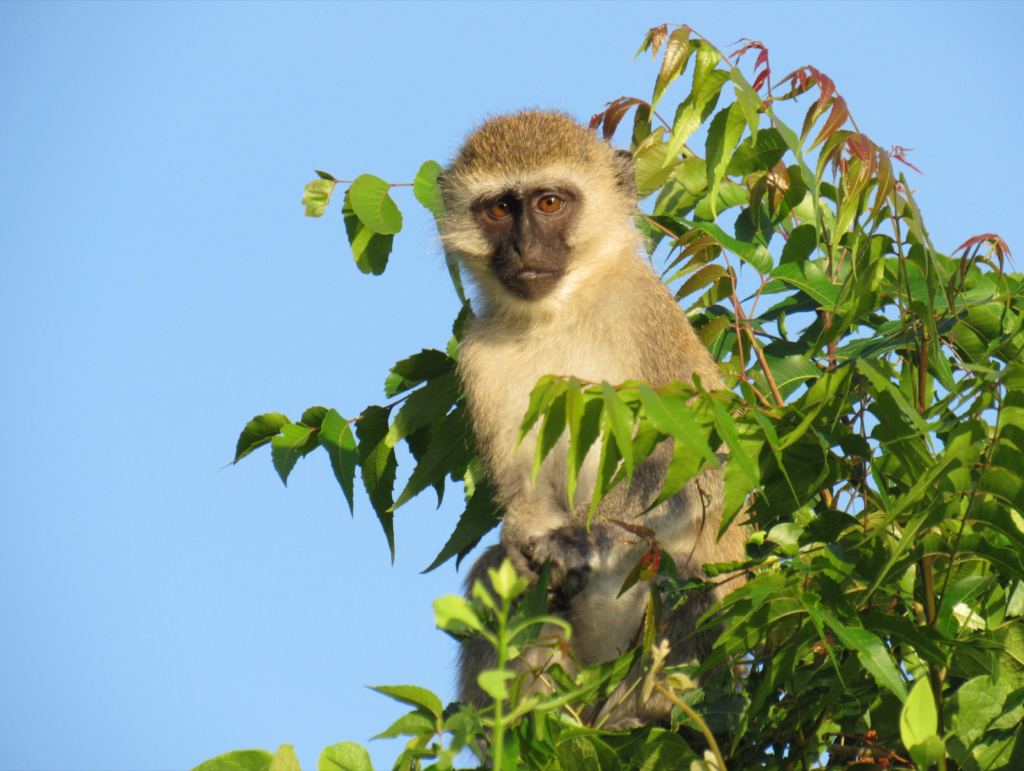
Niamh is a PhD student in the Luijckx Lab in the Zoology Dept., researching disease dynamics and outbreaks on host-parasite interactions in Daphnia magna.
Proboscis pollination by Elena Zioga
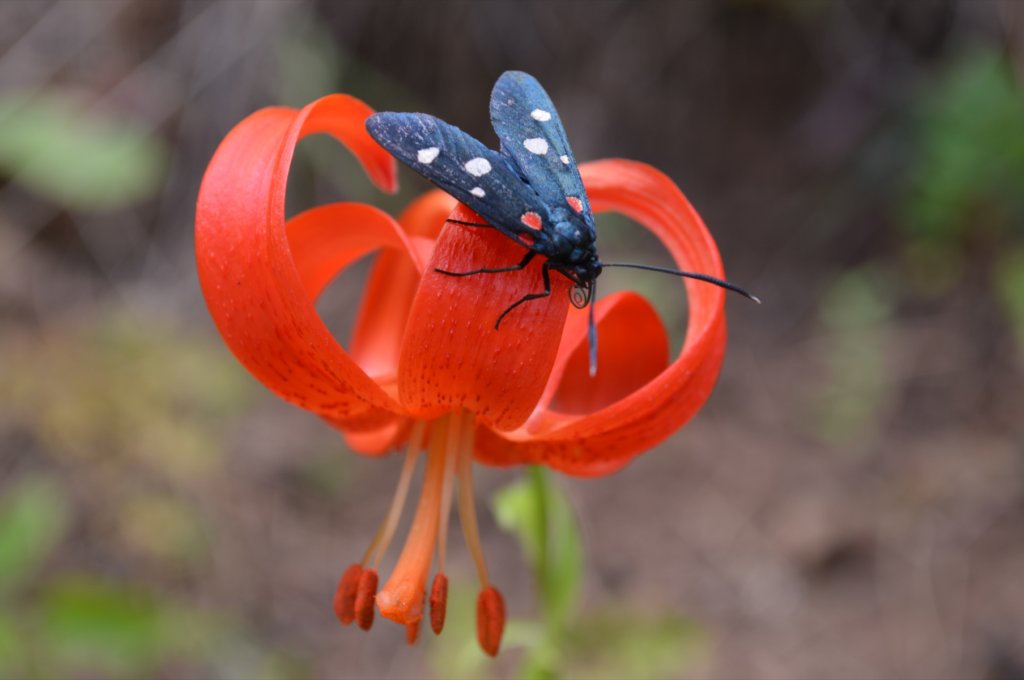
Elena is a PhD student in the Stout Lab in the Botany Dept., who just recently submitted her thesis, and is evaluating the potential for pesticide contamination of floral resources and its impacts on plant-pollinator relationships as part of the PROTECTS project.
Puffed Robin by Whitney Parker
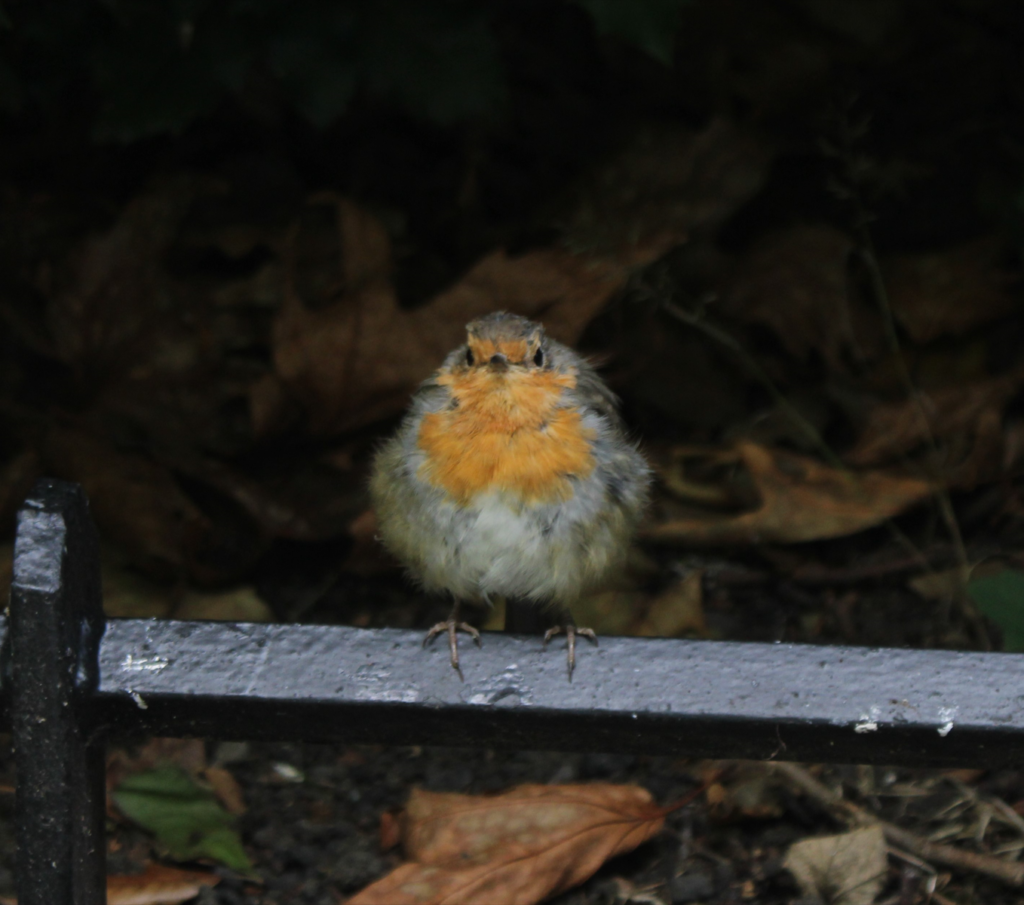
Whitney is a PhD student in the Luijckx Lab in the Zoology Dept., researching how disease burden and prevalence differs between Daphnia magna individuals that vary in both genotype and geographic origin.
The Poached Egg Fungus by Luke Quill
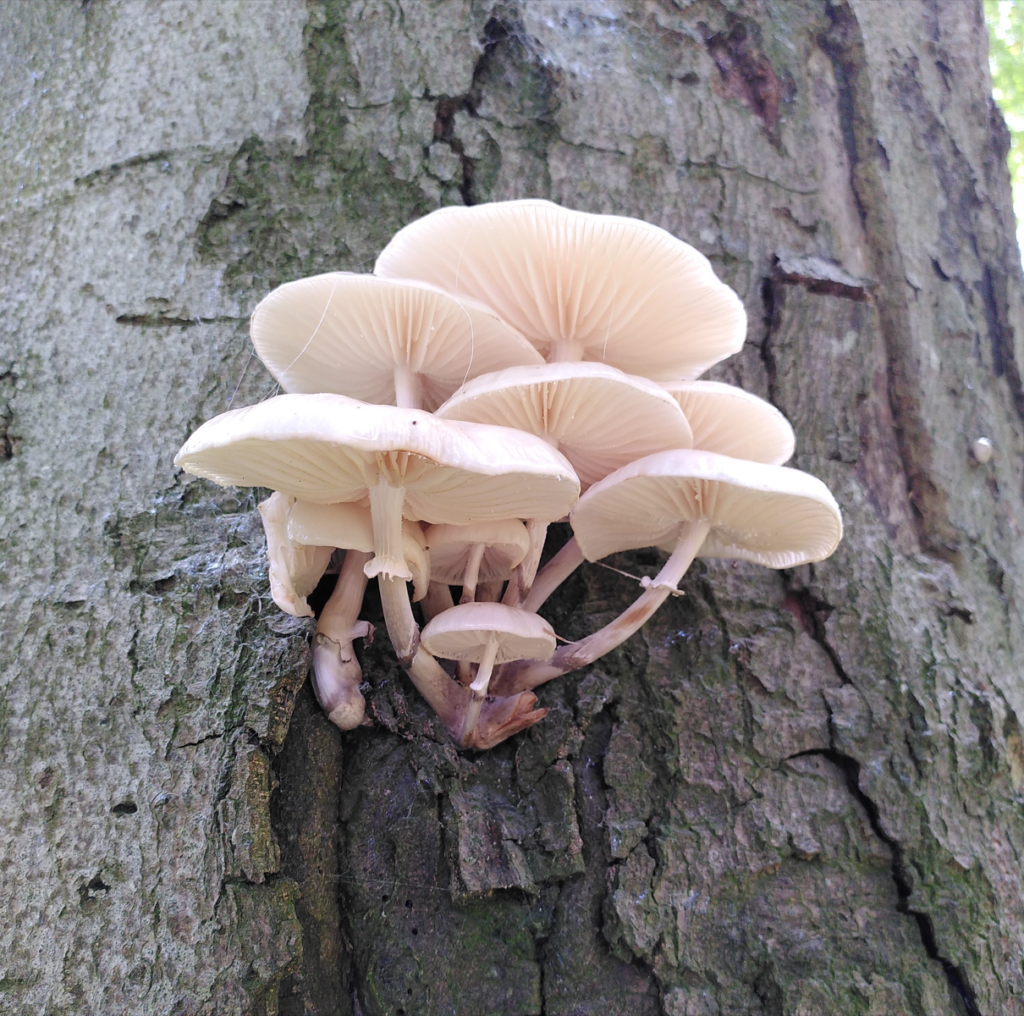
Luke is a PhD student in the lab in the Botany Dept., identifying species of Arbuscular mycorrhizal fungi that are present in an agro-ecosystem, which will be incorporated into a myco-phytoremediation plan for edge of field control of agricultural runoff.
Facing Upstream by Frank Spellman
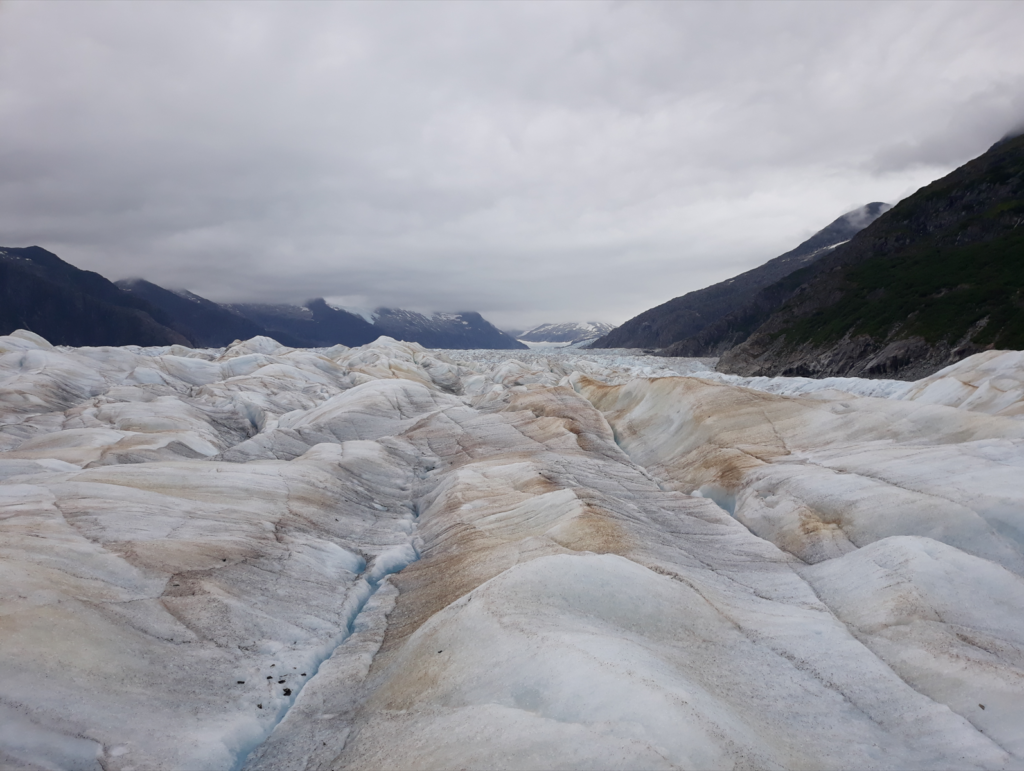
Frank is a research masters student in the O’Connor lab in the Zoology Dept., applying ecological theory to improve the stability of yields of cultivated macroalgae, and quantifying the ecological impact.
Endophytic filamentous fungi by Diego Bianchi
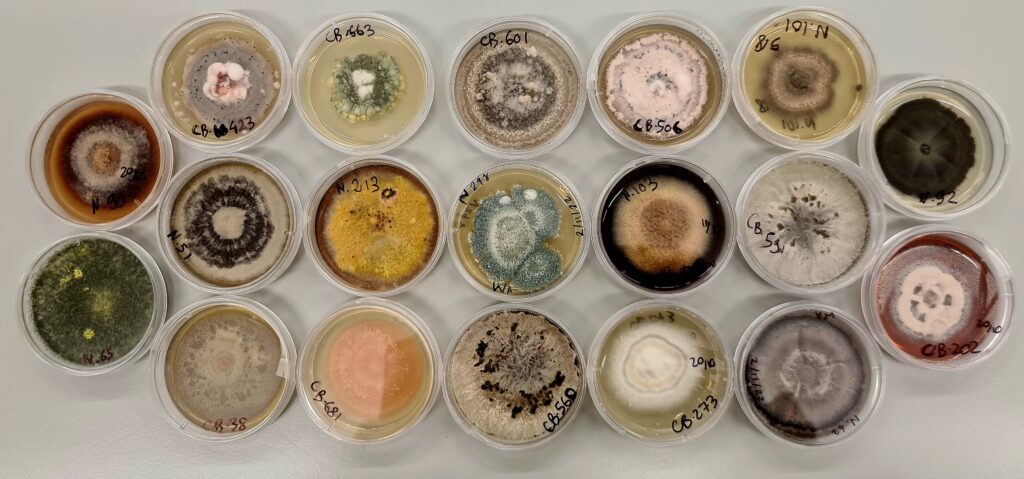
Diego is a PHD student in Hodkinson and Murphy group in the Botany Dept., researching Biostimulants and Biopesticides for Crop production.
The Winner Is…..
Eyes up to the sky submitted by Jenny Bortoluzzi
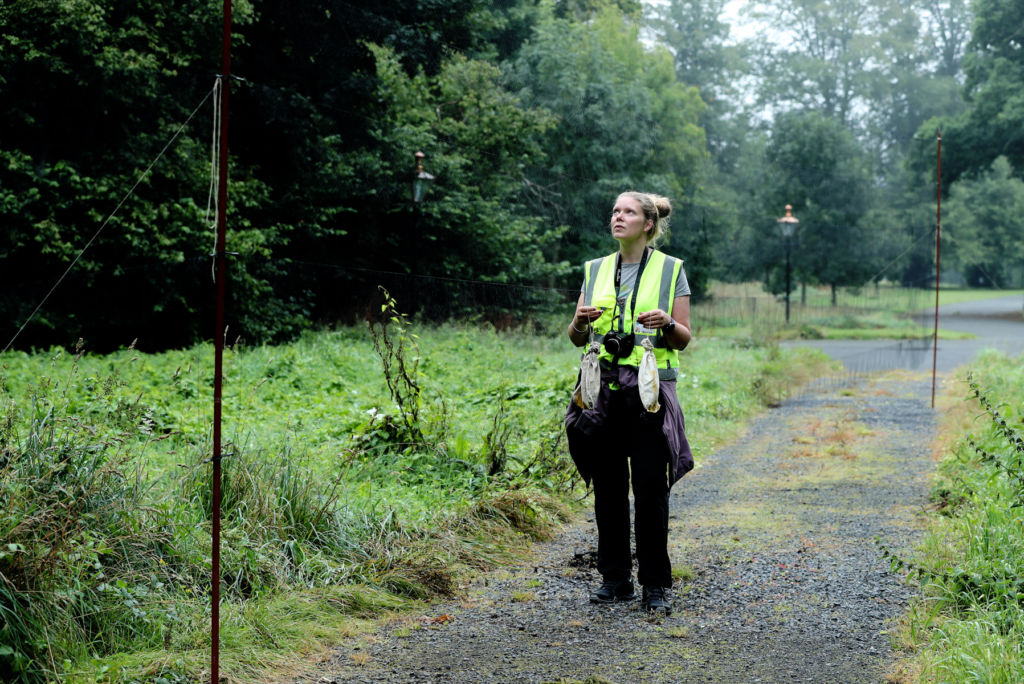
Jenny is a PhD student, who just submitted her thesis, in the Jackson and Payne lab group in the Zoology Dept., focusing on the ecology and conservation of elasmobranchs, studying variation in trophic niches, blue shark feeding ecology, and socio-economic links between angling and conservation in Ireland.
Once again, thank you to everyone who submitted a picture – the competition was very strong! A special thanks again to Siobhan for creating the shortlist and to everyone who voted.

